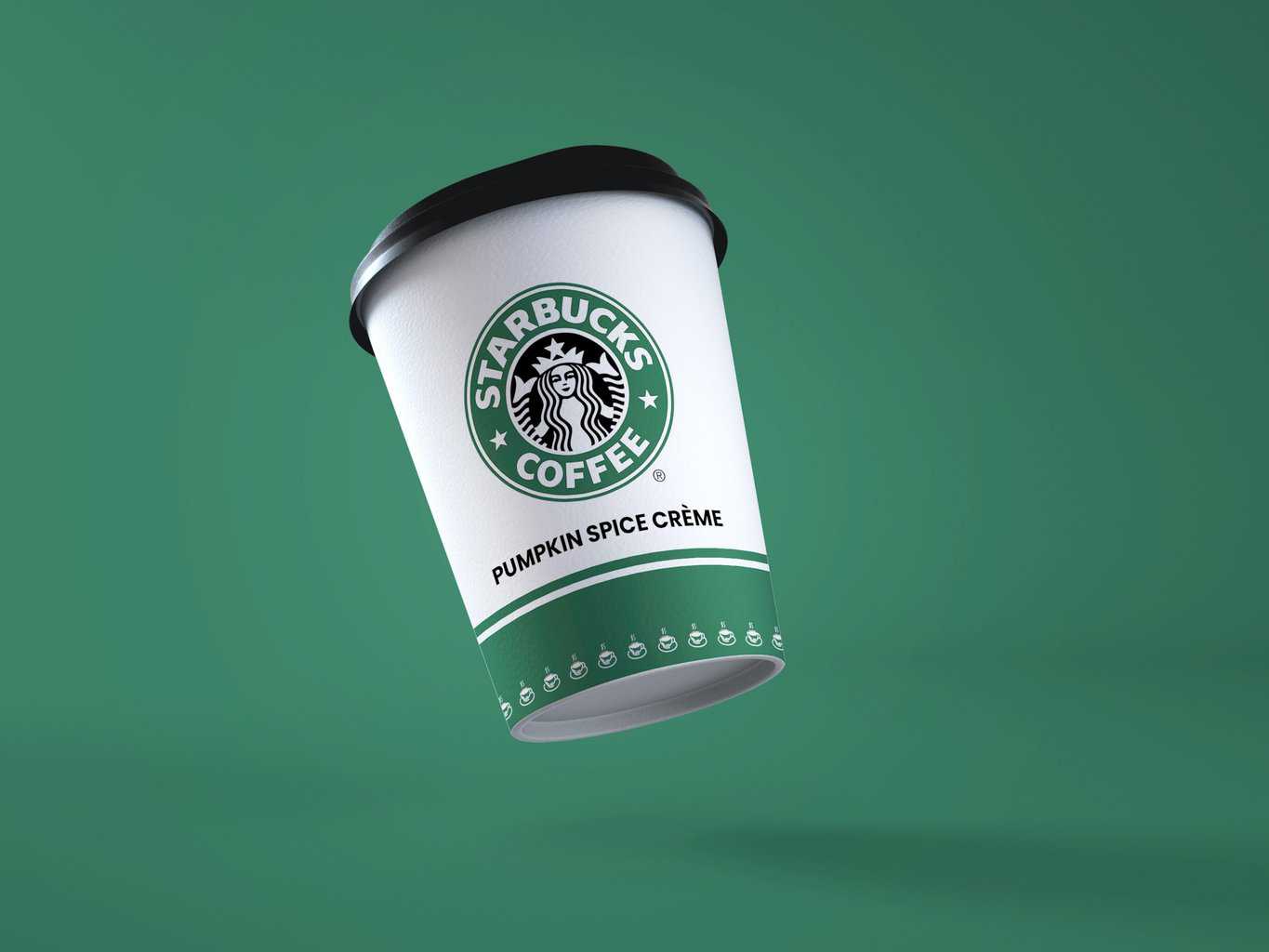How Starbucks is implementing an NFT strategy

There has been a real buzz around the non-fungible token (NFT) for the past couple of years. They’ve gone from a conceptual, jargon-heavy, and mysterious topic to a household term in a relatively short period of time, fuelled by a growing interest in cryptocurrencies and blockchain technology.
A number of companies from a wide range of industries have began integrating NFTs into their business and advertising strategies, taking advantage of the unique marketing and technological benefits the technology offers. Eager to get in on the action, Starbucks announced this month that it would be launching an NFT-based loyalty programme, with special offers for customers and employees. Read on to find out more.
What are NFTs?
Before we get into the nitty gritty, it’s important to define what exactly an NFT is. A non-fungible token, or NFT, is the name given to a digital asset that, much like Bitcoin, can be bought, sold, or traded. The purchase of an NFT is stored on the blockchain digital ledger, which publicly records the transcaction, working as verifiable proof of ownership.
However, a key difference between NFTs and cryptocurrencies is that NFTs are non-fungible. This means that they are completely unique and have no equivalent or comparable asset. This is significantly different than Bitcoin, where one Bitcoin is exactly the same as another. This uniqueness is why we see some NFTs going for millions of dollars, and why their popularity has grown so rapidly.
As people became aware of the potential value behind NFTs, many companies began to sit up and take notice. Major global brands started integrating the technology into their strategies, including Adidas, Nike, Prada, and, of course, Starbucks.
Starbucks Odyssey
This month, coffee giant Starbucks announced the details of a partnership agreement with blockchain scaling solution Polygon, through which it will launch a new NFT-focused rewards scheme – Starbucks Odyssey. The scheme will work in conjunction with Starbucks’ existing Rewards programme, through which members earn stars through purchases which can then be exchanged for free coffee or other products.
With Odyssey, these Rewards programme members will be offered the opportunity to purchase or earn unique digital assets, that can then be used to obtain special rewards or experiences. Members can login to take part in a range of games, or ‘journeys’, with players being awarded NFTs, or ‘journey stamps’, upon completion.
Additionally, members will be able to purchase NFTs through a dedicated marketplace on the Odyssey platform. Each of these tokens will be assigned a value based on its rarity, with members able to buy and sell amongst each other on the platform. Members will earn points by collecting tokens, which will in turn allow them to access new offers and experiences, including coffee-making classes to trips overseas.
To make the initiative more appealing to blockchain newcomers or the less tech-savvy of us, members will not need to own any cryptocurrency or a digital crypto wallet. All purchases made on the Odyssey platform can be done directly with a credit card. The company also confirmed that employees will also have access to their own Odyssey programme, although full details of this are yet to be disclosed.
How does Odyssey differ from competitor NFT initiatives?
Starbucks certainly aren’t the first company to jump on the NFT trend. They are in fact, according to some, a little late to the party. However, they have set themselves apart from the competition by implementing the technology in a more unique way.
While companies like Coca Cola and Samsung released stand-alone NFTs that collectors can buy directly from them, Starbucks have worked to tie the technology into an existing business framework. By launching Odyssey as an extension of the current Starbucks Rewards programme, customers will already feel comfortable and familiar with the system.
Members of the Starbucks Rewards scheme have already demonstrated and confirmed their brand loyalty. By introducing the option to take part in the Odyssey programme, Starbucks have opened up new avenues for fun, exciting, and rewarding opportunities for loyal customers. By integrating the technology with an existing structure, and breaking down difficult technological barriers to entry, Starbucks is attempting to democratise and simplify NFTs, widening the market to give access to everyone.
Conclusion
NFTs, much like closely connected cryptocurrencies, are highly volatile units of value, seeing wide swings, peaks, and troughs in popularity and worth. Despite this, the technology looks set to stay, and has been adopted by a range of businesses from finance firms, sports teams, and food companies.
Starbucks have taken an interesting approach, combing NFT technology with an existing business strategy, in the hopes it will gel quickly and become a long-standing part of their operation moving forward, a move that, if blockchain technology continues to develop, will pay dividends in the future.






